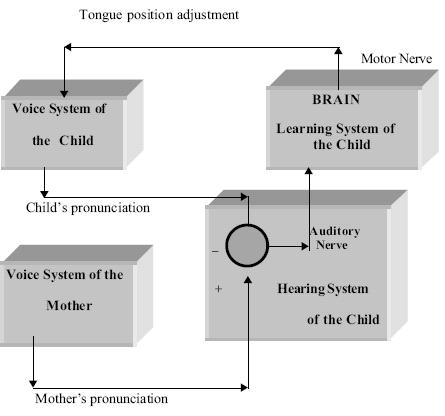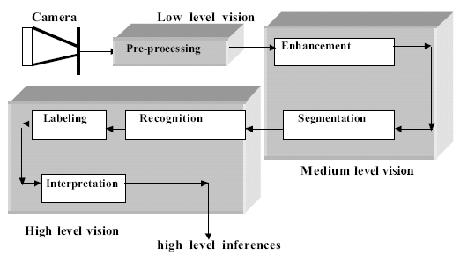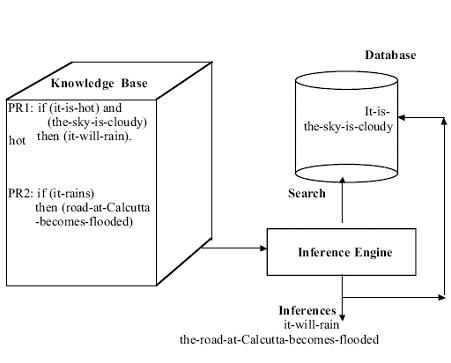|
|
The phrase Artificial Intelligence I, which was coined by John McCarthy three decades ago, evades a concise and formal definition to date. One representative definition is pivoted around the comparison of intelligence of computing machines with human beings . Another definition is concerned with the performance of machines which "historically have been judged to lie within the domain of intelligence" . None of these definitions or the like have been universally accepted, perhaps because of their references to the word "intelligence", which at present is an abstract and immeasurable quantity. A better definition of artificial intelligence, therefore, calls for formalization of the term "intelligence". Psychologist and Cognitive theorists are of the opinion that intelligence helps in identifying the right piece of knowledge at the appropriate instances of decision making. The phrase "artificial intelligence" thus c bane defined as the simulation of human intelligence on a machine, so make the machine efficient to identify and use the right place of "Knowledge" at a given step of solving a problem. A system capable of planning and executing the right task at the right time is generally called rational . Thus, AI alternatively may be stated as a subject dealing with computational models that can think and act rationally 1, 2, 3, 4. A common question then naturally arises: Does rational thinking and acting include all possible characteristics of an intelligent system? If so, how does it represent behavioral intelligence such as machine learning, perception and planning? A little thinking, however, reveals that a system that can reason well must be a successful planner, as planning in many circumstances is part of a reasoning process. Further, a system can act rationally only after acquiring adequate knowledge from the real world. So, perception that stands for building up of knowledge from real world information is a prerequisite feature for rational actions. One step further thinking envisages that a machine without learning capability cannot possess perception. The rational action of an agent (actor), thus, calls for possession of all the elementary characteristics of intelligence. Relating artificial intelligence with the computational models capable of thinking and acting rationally, therefore, has a pragmatic significance.






0 comments:
Post a Comment